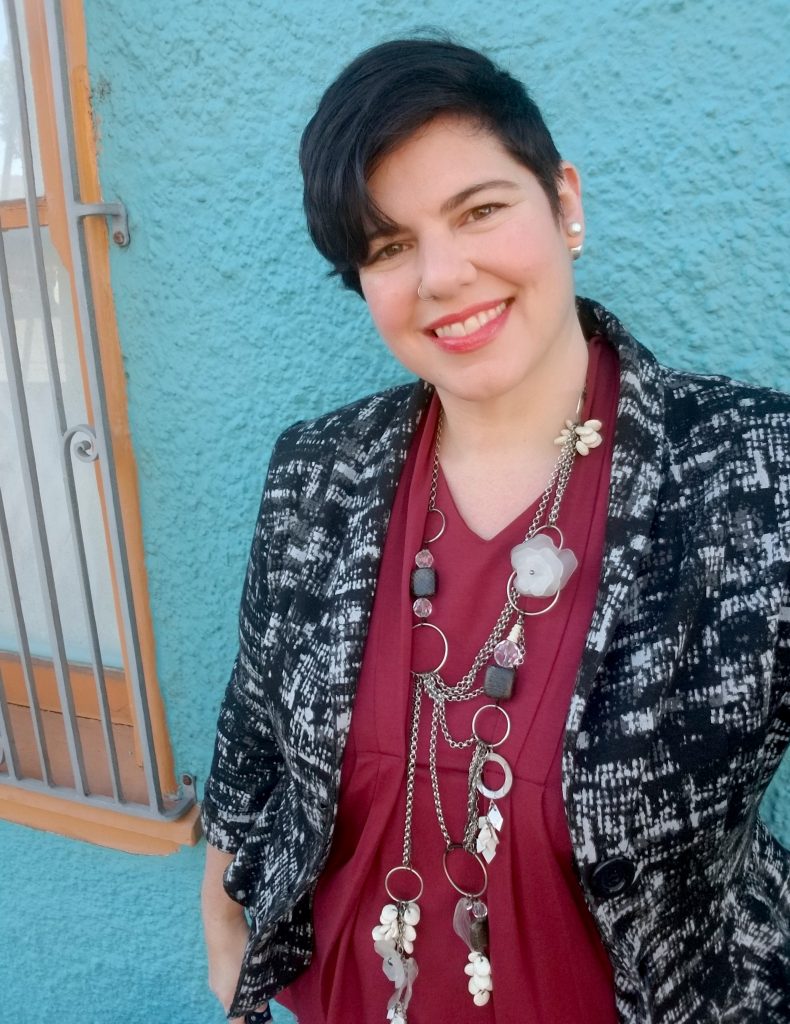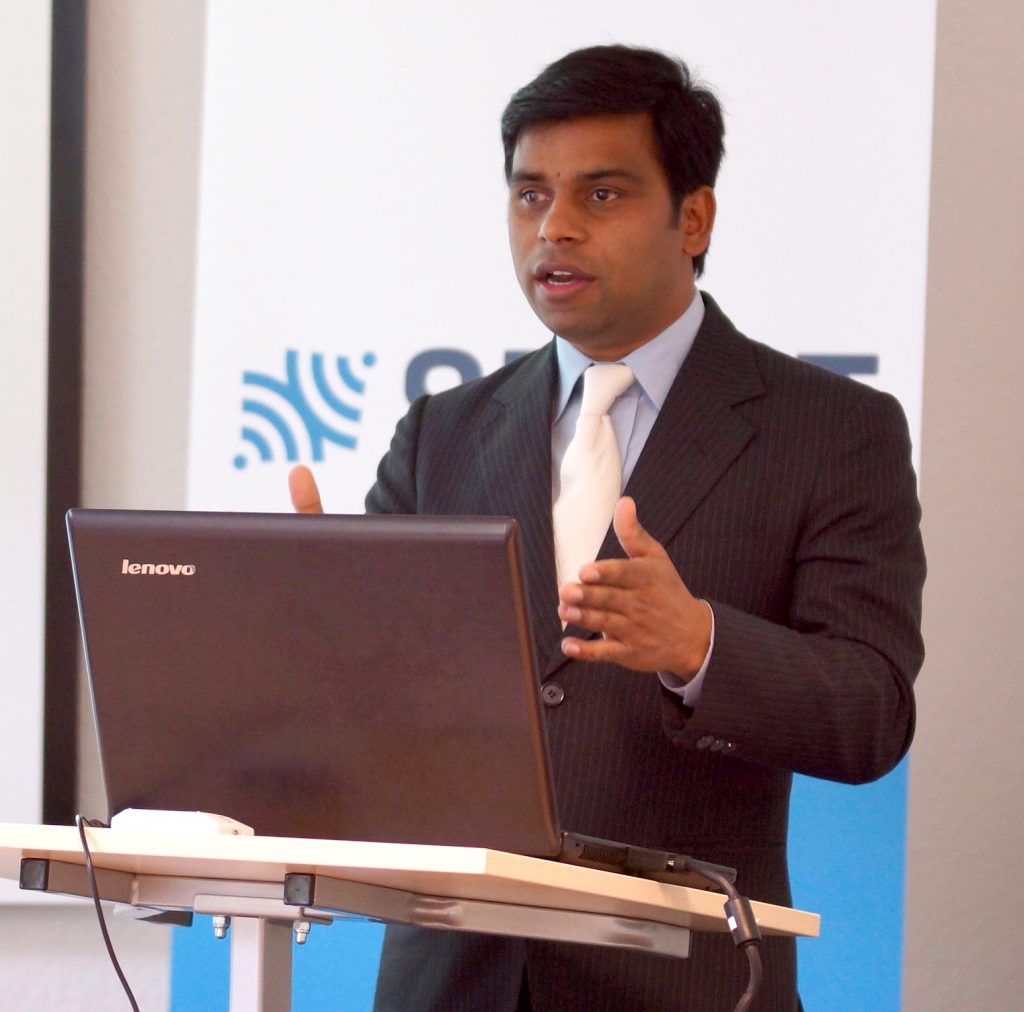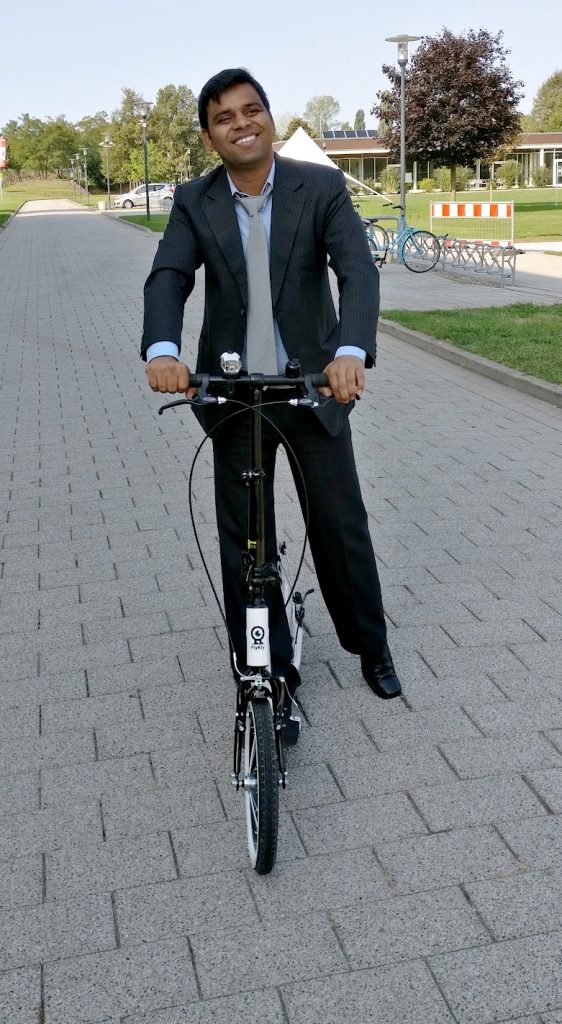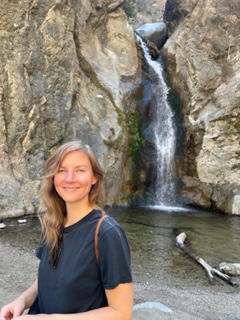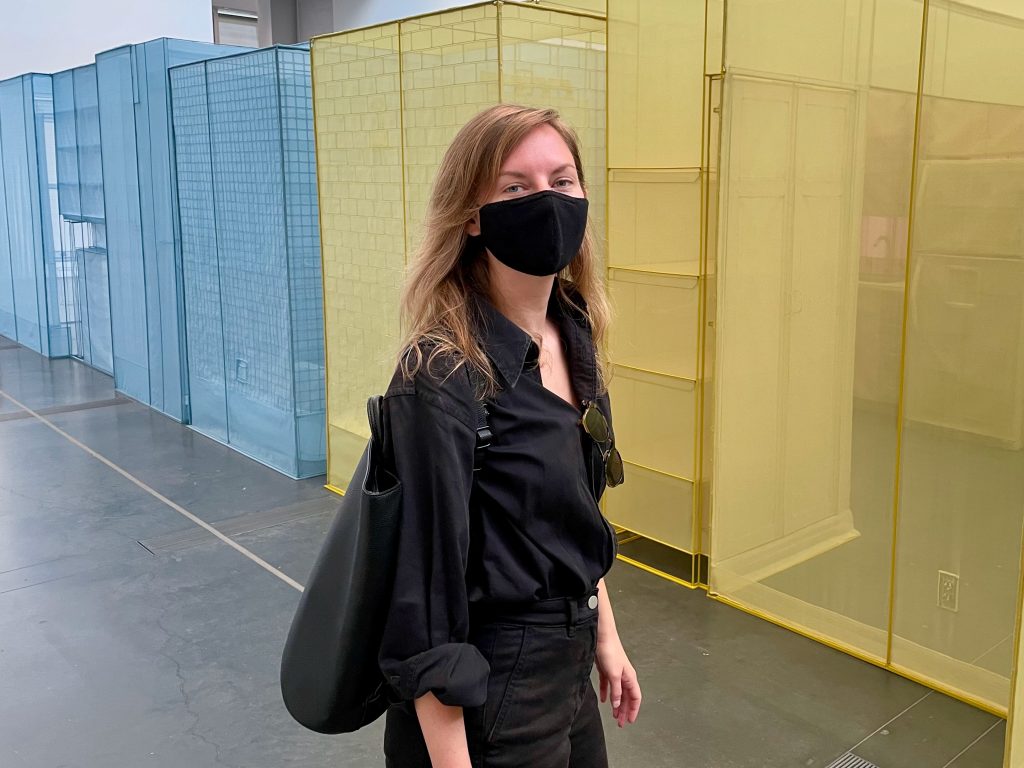To celebrate National Library Week 2022, we are taking readers behind the scenes to Meet the Librarians who work at the Internet Archive and in associated programs.
Alexis Rossi has always loved books and connecting others with information. After receiving her undergraduate degree in English and creative writing, she became a book editor and then worked in online news.
In 2006, Rossi joined the staff of the Internet Archive. She was working on the launch of the Open Library project when she recognized the need to learn more about how to best organize materials. She enrolled at San Jose State University and earned her Master’s of Library and Information Science in 2010.
“It gave me a better grasp of how to hierarchically organize information in a way that is sensible and useful to other libraries,” Rossi said. “It also gave me better familiarity with how other more traditional libraries actually work—the types of data and systems they use.”
Rossi concentrated on web interfaces for library information, understanding digital metadata, and how to operate as a digital librarian. In addition to overseeing the Open Library project, at the Internet Archive, Rossi managed a revamp of the organization’s website, ran the Wayback Machine for four years, founded the webwide crawling program, and is currently a librarian and director of media & access.
“One of the themes of my life is trying to empower people to do whatever they want to do,” said Rossi, who grew up in Monterey, California, and now lives in San Francisco. “Giving people the resources to teach themselves—whatever they want to learn—is my driving force.”
“Giving people the resources to teach themselves—whatever they want to learn—is my driving force.”
Alexis Rossi, Media & Access
Rossi acknowledges she is privileged to have means to avail herself to an abundance of information, while many in other parts of the world do not. There are so many societal problems she cannot solve, Rossi said, but she believes her work is making a contribution.
“We can build a library that allows people to access information for free, wherever they are, and however they can get to it, in whatever way. That, to me, is incredibly important,” Rossi said. It’s also rewarding to help patrons discover new information and recover materials they may have thought were lost, she added.
When she’s not working, Rossi enjoys making funky jewelry and elaborate cakes (a skill she learned on YouTube).
Among the millions of items and collections in the Internet Archive, what is Rossi’s favorite? Video and audio recordings of her dad, now 73, playing the piano, organ and accordion: “It’s just so good. It’s such a perfect little piece of history.”
